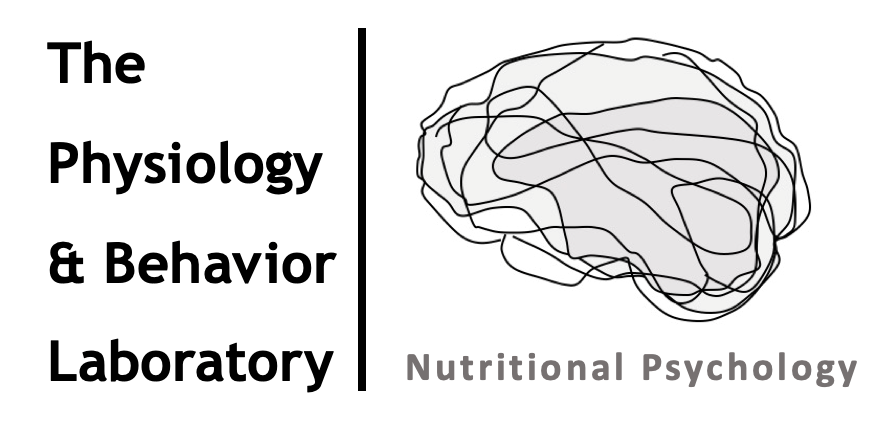Danon‐Kraun, S., Horovitz, O., Frenkel, T., Richter-Levin, G., Pine, D.S., and Shechner, T. (2021). Return of fear following extinction in youth: An event‐related potential study. Developmental Psychobiology 63(7)
Horovitz, O., and Ataria, Y. (2020). The destructive nature of severe and ongoing trauma: Impairments in the minimal-self the destructive nature of severe and ongoing trauma: Impairments in the minimal-self. Philosophical Psychology 34(1)
Horovitz, O., Ardi, Z., Ashkenazi-Karni, S., Ritov, G., Annunu, R., and Richter-Levin, G. (2020). Molecular Sciences Network Neuromodulation of Opioid and GABAergic Receptors Following a Combination of "Juvenile" and "Adult Stress" in Rats. International Journal of Molecular Sciences 21(5422)
Dvir, M., Horovitz, O., Aderka, I., and Shechner, T. (2019). Fear conditioning and extinction in anxious and non-anxious youth: A meta-analysis. Behavior Research and Therapy (BRAT))
Ataria Y., Lahad M. & Horovitz O. (2019). Authors’ response: Whatever works instead of all or nothing. Constructivist Foundations 14(2): 226–229.
Ataria, Y., Lahad, M. and Horovitz, O. (2019). Applying the Neurophenomenological Approach to the Study of Trauma: Theory and Practice. Constructivist Foundations, 14(2).
Horovitz, O. (2019). Food and Mood: rethinking of mental illness through nutrition. EC Psychology and Psychiatry, 8.9: 1032-1034.




